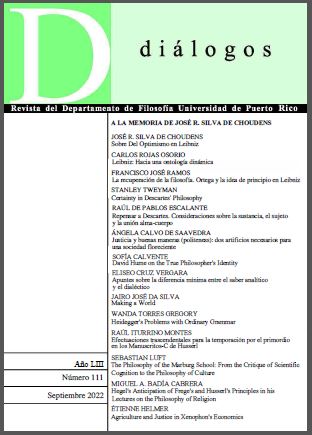Abstract
Contrary to what realists believe, the world, either that in which we live our daily lives or the world of science, is not a given, something already fully constituted standing out there. It is instead, as phenomenological transcendental idealists believe, an elaborate intentional construct.
The world of the modern mathematized physical science in particular is constituted from raw sensorial data that suggest the existence of a transcendent reality, but that can hardly be taken as a complete disclosure of it, by a series of subconscious and fully conscious intentional acts that, from the production of objectively valid perceptions out of subjective sensations deliver, at the end, a mathematically idealized manifold representing certain formal-abstract aspects of perceptual reality so that mathematics can participate in empirical science as a methodologicaltool.
In this paper, I go through the moments of this process, highlighting its many transcendental presuppositions (which are the transcendental a priori of the world) and argue that only such an idealist perspective can make sense of the many uses of mathematics in empirical science that the realists tend to see as utterly incomprehensible, a “gift we do not understand or deserve”.1

This work is licensed under a Creative Commons Attribution-NonCommercial 4.0 International License.

